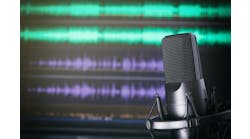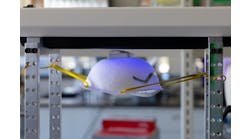In the latest effort to implement President Donald J. Trump's Memorandum on Making General Use Respirators Available, OSHA recently issued interim enforcement guidance regarding disposable N95 filtering facepiece respirators (N95 FFRs) that are either certified under certain standards of other countries or jurisdictions or certified under other countries' or jurisdictions' standards but are expired. During periods of shortages of N95 FFRs, the federal government advises that employers may consider using respirators and filters certified under the following standards of other countries or jurisdictions:
- Australia: AS/NZS 1716:2012
- Brazil: ABNT/NBR 13694:1996; ABNT/NBR 13697:1996; and ABNT/NBR 13698:2011
- People's Republic of China: GB 2626-2006; and GB 2626-2019
- European Union: EN 140-1999; EN 143-2000; and EN 149-2001
- Japan: JMHLW-2000
- Republic of Korea: KMOEL-2014-46; and KMOEL-2017-64
- Mexico: NOM-116-2009
Due to the impact on workplace conditions caused by increased demand for N95 FFRs, all employers should reassess their engineering controls, work practices, and administrative controls to identify any changes they can make to decrease the need for N95 respirators.
If respiratory protection must be used — and either acceptable National Institute for Occupational Safety and Health (NIOSH)-certified alternatives or alternatives that were NIOSH-certified except for having exceeded their manufacturer's shelf life are not available for use in accordance with OSHA's April 3, 2020 memorandum — employers may consider using respirators and filters certified under standards of other countries or jurisdictions, as specified in the enforcement guidance.
This interim guidance marks the latest effort by OSHA to make respirators more accessible for America’s workers. OSHA previously issued interim enforcement guidance aimed at combating supply shortages of disposable N95 filtering facepiece respirators (N95 FFRs) and protecting America's healthcare workers. This new interim guidance will take effect immediately and remain in effect until further notice. This guidance is intended to be time-limited to the current public health crisis.
For more information, visit OSHA's COVID-19 webpage for updates on coronavirus.



